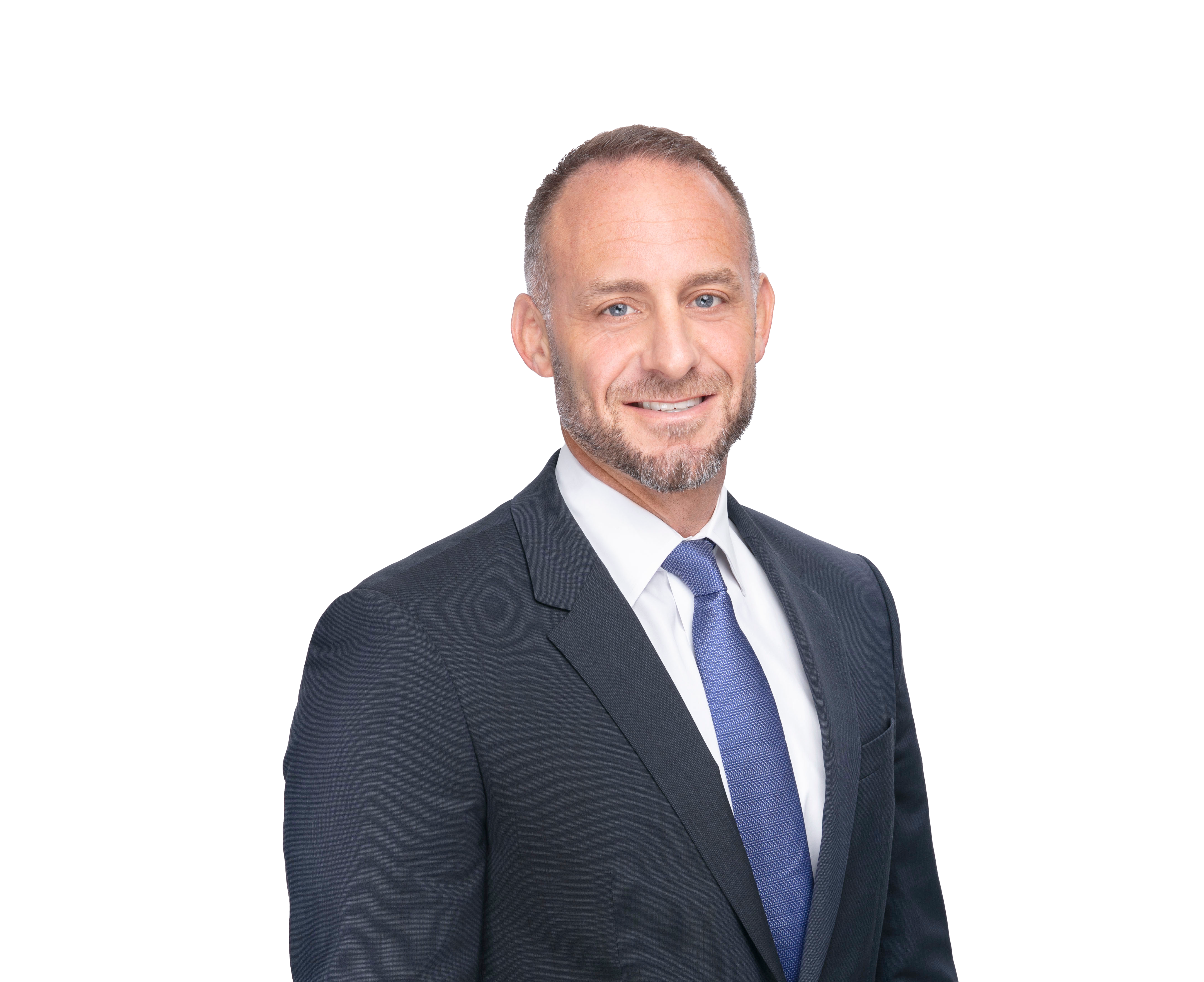
Written By: Phil Kabler
Here we go… Yet another single-word title. What is going on with this cockamamie series of articles? Usually they involve interconnected matters, such as business, real estate, taxes, employment, insurance, Bitcoin and block chain, and proactive risk management. Always proactive risk management.
But lately there have been these oddly named pieces like Resilience , Iceland, and Self-Care (ok, that is actually two hyphenated words, but I am doing the best I can with the English language). If you read (or, hopefully, re-read) those articles, you will see how they tie-back to more conventional topics, but like Route One by Sigur Rós mentioned in Iceland, this one today will take a circuitous route to arrive at a conventional topic. Which will be – not surprisingly – proactive risk management.
In life and in business there are rarely purely solo actors. Hence the aphorism “no man [or woman] is an island”. (From the 17th–18th British writer John Donne in a poem of the same name. {It simply is never too late to learn some new classic literature.} And thus it is ever so.
To consult with an experienced business law lawyer today
855-780-9986
While there are single people and sole proprietorships, they do not function totally alone. Unless they raise and make their own food, supplies, electricity, and water from the ground up, or similarly serve as the totality of their own supply, logistics, finance, record-keeping, reporting, and compliance chain from inception to delivery, there will be third-party intermediaries involved. Vendors, utilities, and delivery services for just a few examples. And that is a good thing, because those third-parties (1) provide linkage-points to the marketplace of ideas and to the markets themselves and (2) act as quality-checks on the incoming and outgoing outputs.
Likewise with a person’s or business’ professional services. Other than in fiction, and very rare worldly instances, individuals do not by themselves have the expertise or licenses as being all-at-once licensed lawyers, accountants, real estate brokers, insurance agents, architects, engineers, surveyors, bankers, investment advisors, doctors, and other consultative practitioners.
Let us, then, discuss just three:
- First, lawyers: Attorneys are perceived as disruptive problem creators. Disrupters they may be, but in a positive way to society in a solutions-based and value-added manner. The most obvious way (from television) is as stewards of the rule of law and, accordingly, of civil and criminal justice under our conjoined system of federal and state constitutions. But there are many types of attorneys beyond trial lawyers and the judiciary. A large cohort of so-called ‘office lawyers’ attend to individuals’ financial, estate, and family matters, and help create new businesses (whether for-profit or non-profit) , establish internal control systems (by way of leadership and management systems and employment relations, for example), organize relationships with the outside world of customers and clients, vendors, and financiers (think of contracts), and attend to risk, tax, lobbying, regulatory, and compliance matters. Among many other things. The important thing to recognize is that these seemingly ‘invisible’ functions assist people and companies to survive, thrive, and grow towards their creative intentions.
- Accountants: Modern accountants are no longer simply ‘green-eyeshade bean counters’ and book-keepers. True, accountants do help individuals, families, and businesses organize, maintain, report, and audit their financial and tax records. But now they also advise on such matters as employment benefits and computer networks. (This writer interacts with accountants almost daily regarding entity and transaction structures to help mutual clients achieve their intended tax goals within the law.)
- Real estate brokers: These professionals help people and companies buy, sell, and lease homes, offices, stores, restaurants, industrial, storage, and rural spaces. Further, they can provide general valuations of properties (but not to the same extent as licensed appraisers), maintenance and stewardship services, and arrange for workable financing.
The conduct of those three groups (and most other professionals) are bounded by licensure requirements and codes of ethics and professionalism so society can be assured of their education, licensure, qualifications, ongoing training and testing, and oversight.
It is often important that one of the professionals take the proverbial ‘30,000 foot view’ to effectively ‘quarterback’ an endeavor or transaction for a Client, much as a coach ‘calls the plays’ for a sports team. Often this is a function a trusted lawyer undertakes, or an accountant depending upon who has the originating relationship with the Client.
The supportive functions of those professionals (and others mentioned above) serve to assist with increasing performance, financial, and other metric-oriented returns while decreasing the potential for short and long term liability and loss. (Did you see a variant of this article’s title tucked into the last sentence? Intentional linguistic trickery at work.) And, as explained in numerous – nearly all – preceding articles in this series (and undoubtedly many yet to come) that is the crux of proactive risk management.
And that is how we traverse from the subject of peculiar article titles to the root of this entire series. Which again is…proactive risk management. With more to come in the future. However titled.
=====================
Background disclosure: Once again, the materials in this piece are based upon this writer’s business school lectures.
=====================
Information about Bogin, Munns & Munns’ response to Coronavirus readiness.
Learn about Bogin, Munns & Munns’ scholarship programs and FASD scholarship, and additional scholarship programs.
=====================
For more information, call Philip N. Kabler, Esq. of the Gainesville, FL office of Bogin, Munns & Munns, P.A. at (352) 332-7688, Gainesville Real Estate Lawyer, where he practices in the areas of business, real estate, banking, and equine law. He has taught business and real estate law courses at the University of Florida Warrington College of Business Administration and Levin College of Law. And he is the President of the Eighth Judicial Circuit Bar Association.
And a note – Please visit (or even ‘bookmark’ or ‘favorite’) this writer’s business, real estate, and banking blog at kabler.
NOTICE: The article above is not intended to serve as legal advice, and readers should not rely on it as such. It is offered only as general information. Readers should consult with an attorney regarding their legal matters, as every situation is unique.
=====================
Call or Submit Our Consultation Request Form Today





